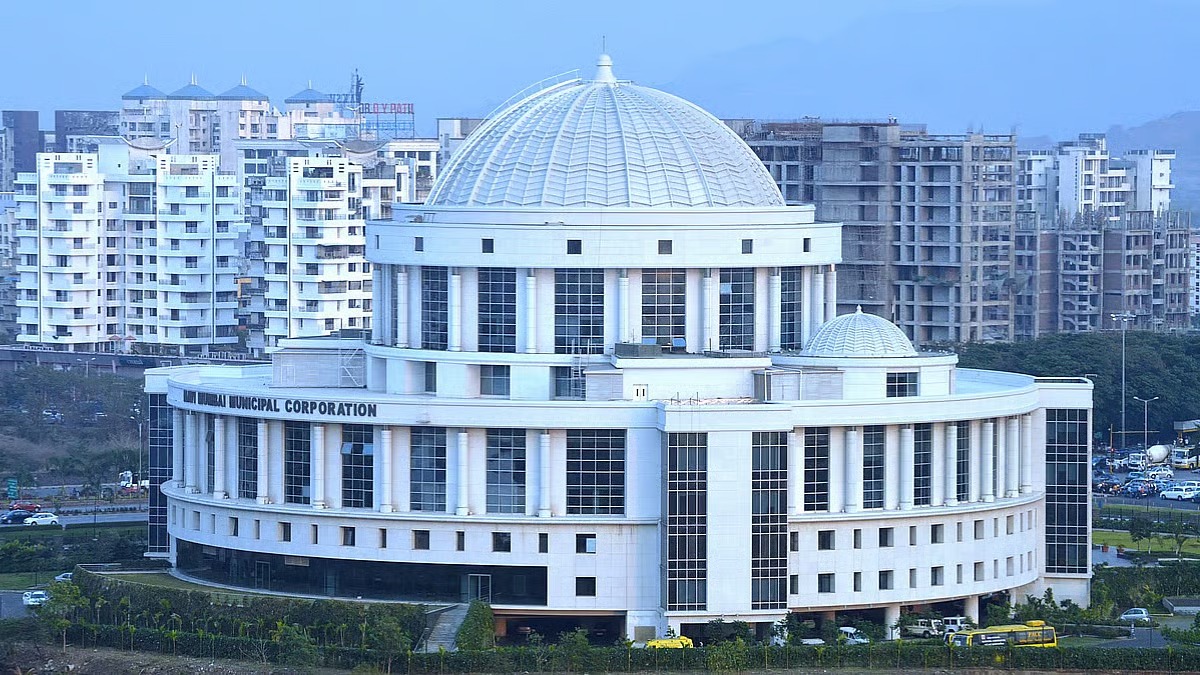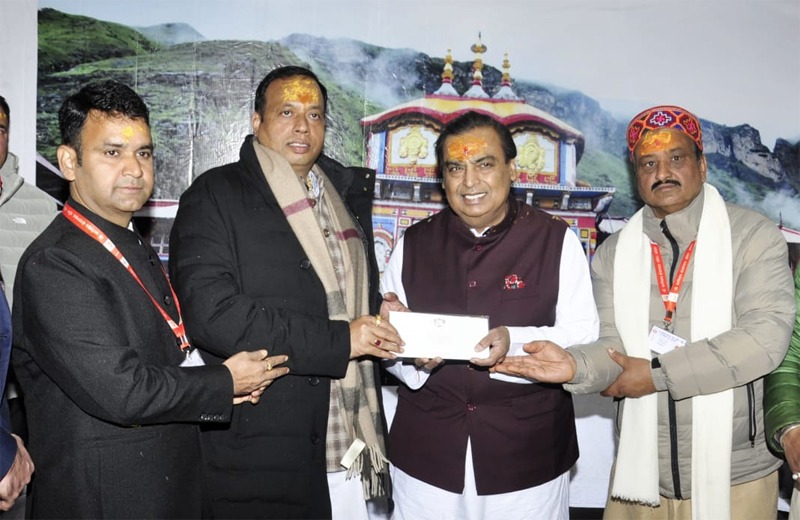Navi Mumbai Is Launching India’s First Waste-To-Art Lab In CBD Belapur, Aiming To Convert 200 Tonnes Of Dry Waste Monthly Into Public Sculptures. Developed By NMMC, The Lab Will Promote Sustainability, Artistic Expression, And Urban Beautification While Advancing Innovative Waste Management Practices.
A creative leap in waste management
In a pioneering move, the Navi Mumbai Municipal Corporation (NMMC) is establishing India’s first Waste-To-Art Lab in CBD Belapur. This initiative, part of the city’s solid waste management strategy, will process approximately 200 tonnes of dry waste every month. The waste will be transformed into artistic sculptures and installations that will be displayed across public spaces to enhance urban aesthetics and promote environmental awareness.
The lab, officially named the Upcycling Art Training Centre, is located beneath the Sector 21 flyover and is designed to serve as both a creative hub and a sustainability model. It will offer training programs for artists and local youth, encouraging community participation in eco-friendly practices.
Blending art, education, and sustainability
The Waste-To-Art Lab is more than just a recycling center—it’s a platform for education, innovation, and civic engagement. By integrating art into waste management, NMMC aims to shift public perception of discarded materials and inspire a culture of reuse and creativity.
Key highlights:
- India’s first Waste-To-Art Lab to be launched in CBD Belapur, Navi Mumbai
- Facility will process 200 tonnes of dry waste monthly into public art
- Located under Sector 21 flyover, designed as an Upcycling Art Training Centre
- Initiative promotes sustainability, urban beautification, and community involvement
- Training programs will empower local artists and youth with eco-art skills
A model for future cities
City officials view the lab as a blueprint for other urban centers seeking innovative waste solutions. By combining environmental responsibility with artistic expression, the initiative aligns with broader goals of smart city development and circular economy principles.
The lab is expected to be operational by the end of 2025 and will host exhibitions, workshops, and collaborative projects. It reflects Navi Mumbai’s growing reputation as a leader in sustainable urban planning and creative civic initiatives.
Sources: Free Press Journal, Urban Acres , Indian Textile Journal





